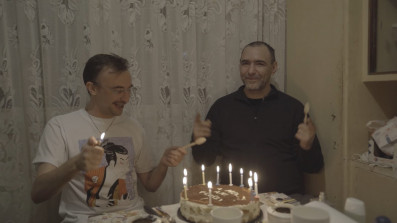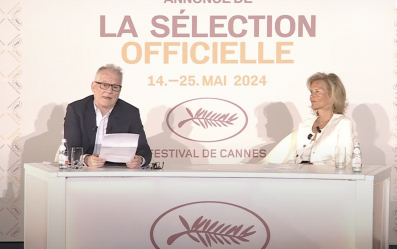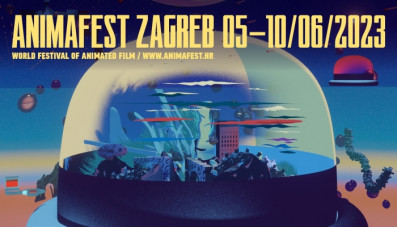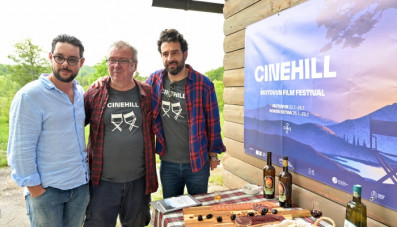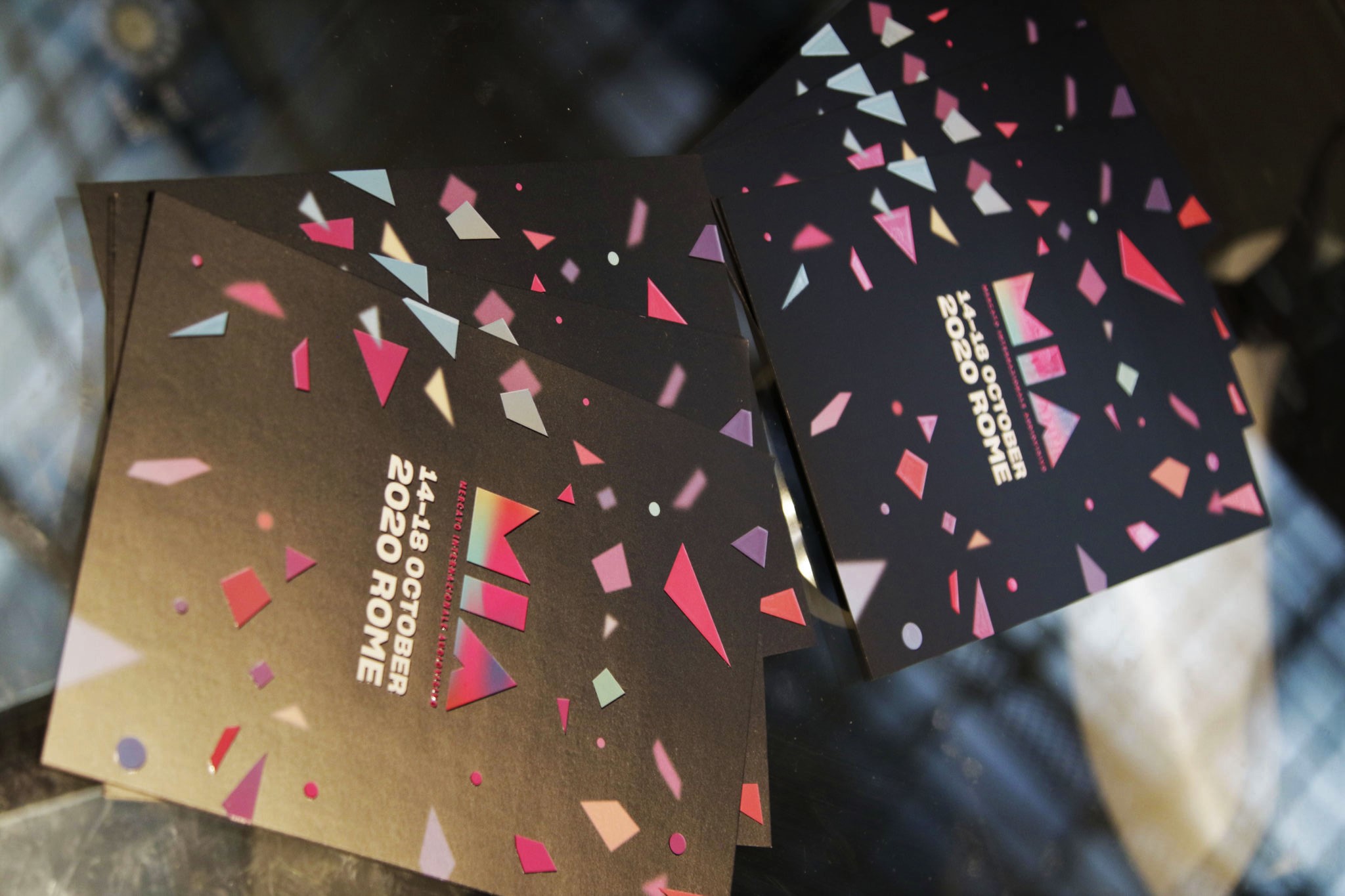
Rome's MIA hosts a talk with prominent European producers
What are some of the biggest concerns for the film industry today and how can it move forward safely?
As the majority of European countries prepare to restart their film production and some already are going back to work under strict conditions, many questions are left unanswered and how the industry decides to go about them will have an effect on the foreseeable future. Industry task forces, including both producers and other professionals, are now required to cooperate with government bodies and reach agreements that will allow film workers to find a new normal in the age of COVID-19.
Understanding the need for a wide discussion, MIA – Mercato Internacionale Audiovisivo - hosted an online talk moderated by Nick Vivarelli – Variety’s Italy correspondent – named Back to the Future. Featuring five acclaimed European producers, the talk was centred around defining most urgent issues, as well as providing examples of current and possible future practices. Marta Donzelli, from Vivo Film – producer of Le Quattro Volte and Figlia Mia – listed some of the shared concerns; including already much-discussed safety measures, but also insurance in case of future quarantine-related delays and the probable rise in budget costs.
Safety measures have been a priority for all, as they represent the first step in getting at least smaller productions back on track. Last week, The European Film Commission published a set of umbrella recommendations for its members, called The 10 Commandments of Safe Filming. Reported on by Variety, these were meant to serve as an example on which individual countries can build their official guides, which will have to follow general safety regulations.
And while some nations have already published finalized versions of their recommendations, others - like the UK - are yet to disclose their drafts. Sweden and Denmark have led the way, with talks of opening sets starting in late April and similar steps are now taken in the Czech Republic, Greece, Slovakia, Belgium - as they are set to start working in the following days.
Speaking to Vivarelli, CEO of Aurora TV Giannandrea Pecorelli – The Red Violin, Notte prima degli esami – described his current experience, matching most of those in the rest of the continent. The shooting of RAI's popular series Ladie's Paradise stopped on March 6, but Pecorelli expressed hope of returning to work before July, as Lazio region - where most of Italy's productions are based - announced easing up of measures.
The precautions that the series will implement include testing cast and crew every two weeks, measuring their temperature daily, but also mandatory training sessions and a COVID-19 supervisor on-premises. When possible, work from home will be encouraged and departments will be kept separate, avoiding unnecessary contact. Without a doubt, these changes will affect all departments, including Craft and Catering. Buffets will no longer be an option and all meals and drinks will be served in single-use containers - as was already prescribed by the guides issued in Nordic countries. Still, not everything seems to be figured out. One problem most are still facing is the inability of close contact between actors, which will make shooting of certain scenes impossible.
Another question that remains unanswered is what will happen if any production has to face pandemic related delays in the future? As explained by Alvaro Longoria - president of European Producer's Club - while some independent productions are returning to work, for others the risk of working without insurance is too great and so far insurance companies are not willing to cover such costs. The same goes for the US. The exceptions may be projects that had a pandemic clause written in before the lockdown. Yet, as explained by Indiewire, those policies cannot cover more than a few days for bigger productions - putting the limits between $2 and $5 million.
One thing is certain. Long-standing solutions for the film industry’s problems will not be found without help from governments and EU bodies. This includes any current measures taken to help those out of work, which will probably have to remain active in the upcoming months. Urging for this is Jonas Dornbach, managing director of Komplizen Film - Toni Erdmann, A Fantastic Woman - saying that the German industry formed a large fund for those most affected by this situation, but such efforts are not sustainable without further initiatives from those running the country.
Could streaming platforms, lead by Netflix, be one of the answers to some of the problems? This was an idea supported by all participants of the talk, including Carole Scotta, founder of Haut et Court - Ma Vie En Rose and Entre Les Murs. The producer suggested pushing these companies, "big winners of the crisis", to invest in more than their local productions - which they are already required to do by the European legislative.
"…. but I think the bigger picture would be to push them to invest money in the general system, that can help theatres, that can help distributors… they need to pay their taxes, invest more money into the general system", said Scott.
Listening to the talk, what becomes clear is that the scope of these issues is not easily covered in any afternoon and additional challenges will surely become visible only when the industry starts getting back on its feet. What will happen with Europe as a system of many local independent producers? Can we expect mergers as a means of survival? How will travel restrictions affect international co-productions, those vital for European film? More local productions may benefit local talent in the short run, but there will have to be a way to sustain international collaboration.
These are just some of the questions on everyone's minds right now and with little time passed to make any conclusions just yet, the industry will have to prepare for faster changes than anybody imagined just a few months ago.



